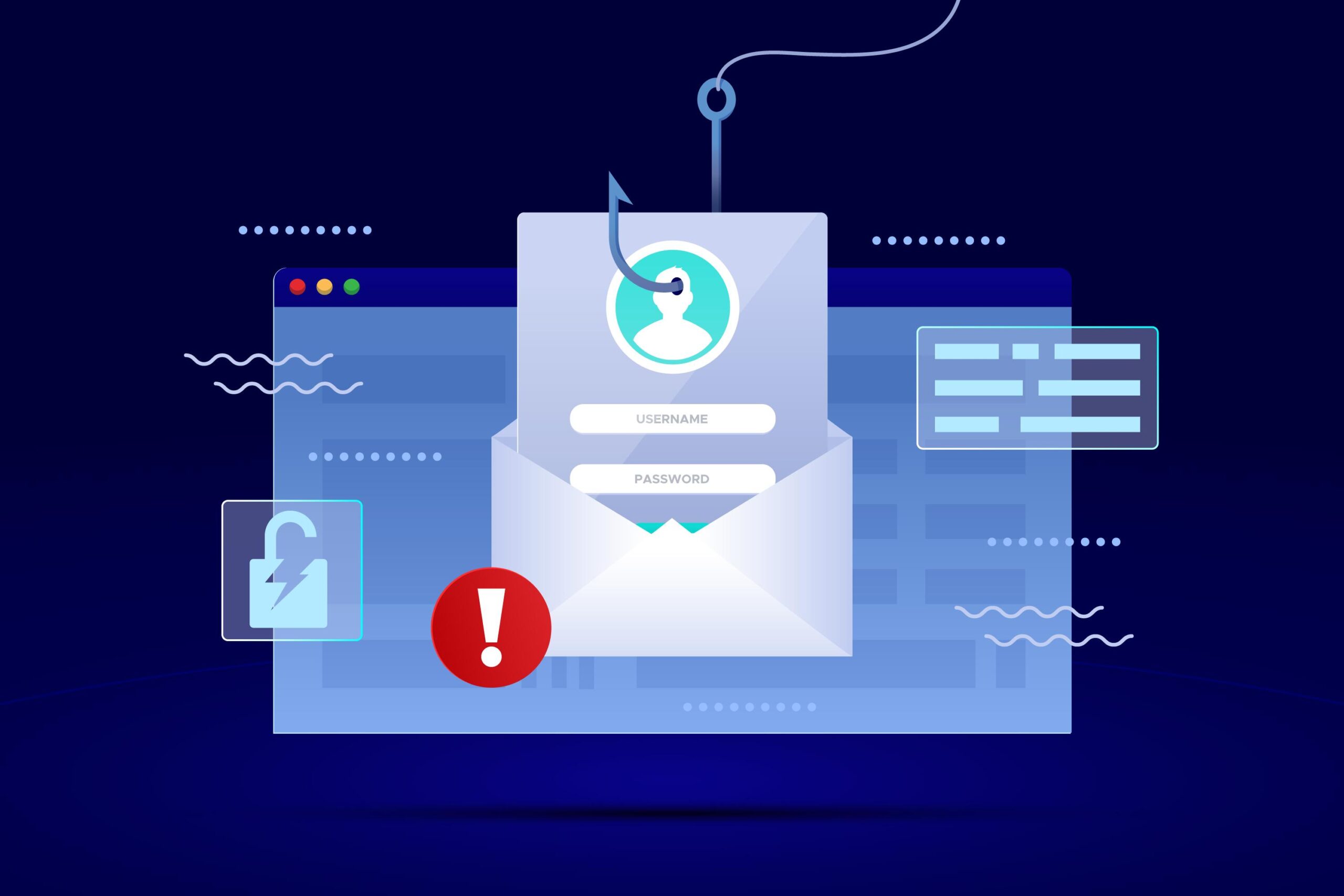Introduction
In 2025, staying safe online goes beyond having antivirus software. Cyber hygiene—the practice of maintaining healthy online habits—is essential for protecting personal information, devices, and digital identities. Just as good hygiene prevents illness in the physical world, strong cyber hygiene reduces the risk of falling victim to cyber crime. In this guide, we’ll cover key habits and practices that everyone should adopt.

Why Cyber Hygiene Matters
Before diving into habits, it’s important to understand why cyber hygiene is so critical:
- Increasing Cyber Threats: From ransomware and phishing to AI-powered attacks, the digital landscape is constantly evolving.
- Human Error: Many breaches happen because of simple mistakes like weak passwords or clicking malicious links.
- Data Protection: Sensitive personal and financial information is constantly targeted by attackers.
- Device Security: Malware and spyware can compromise phones, laptops, and even smart home devices.
Maintaining good cyber hygiene ensures that you are not an easy target and that your digital life remains secure.
Essential Cyber Hygiene Habits
1. Use Strong and Unique Passwords
Passwords are the first line of defense. Avoid using the same password across multiple accounts and opt for complex, unpredictable combinations. Using a password manager can help create and securely store strong passwords.
2. Enable Multi-Factor Authentication (MFA)
MFA adds an extra layer of security by requiring more than just a password to access your accounts. Even if a password is stolen, the attacker cannot log in without the second verification method.
3. Keep Software and Devices Updated
Regular updates for your operating system, applications, and security software patch vulnerabilities that attackers exploit. Enable automatic updates whenever possible.
4. Be Cautious with Emails and Links
Always verify the sender before clicking links or downloading attachments. Watch for suspicious language, urgent requests, or unexpected files. This helps prevent phishing attacks and malware infections.
5. Backup Your Data Regularly
Frequent backups protect against ransomware and accidental data loss. Store backups in separate, secure locations—ideally offline or in encrypted cloud storage.
6. Limit Personal Information Shared Online
Think twice before posting sensitive information on social media or websites. Personal details like birthdays, addresses, or family names can be exploited in identity theft or social engineering attacks.
7. Secure Your Network
Use strong passwords for Wi-Fi and avoid public networks without a VPN. A secure network prevents unauthorized access to your devices and sensitive information.
8. Educate Yourself and Others
Cyber hygiene is a continuous learning process. Stay informed about the latest threats and share best practices with family, friends, and colleagues. Awareness is one of the strongest defenses against cybercrime.


Leave a Comment